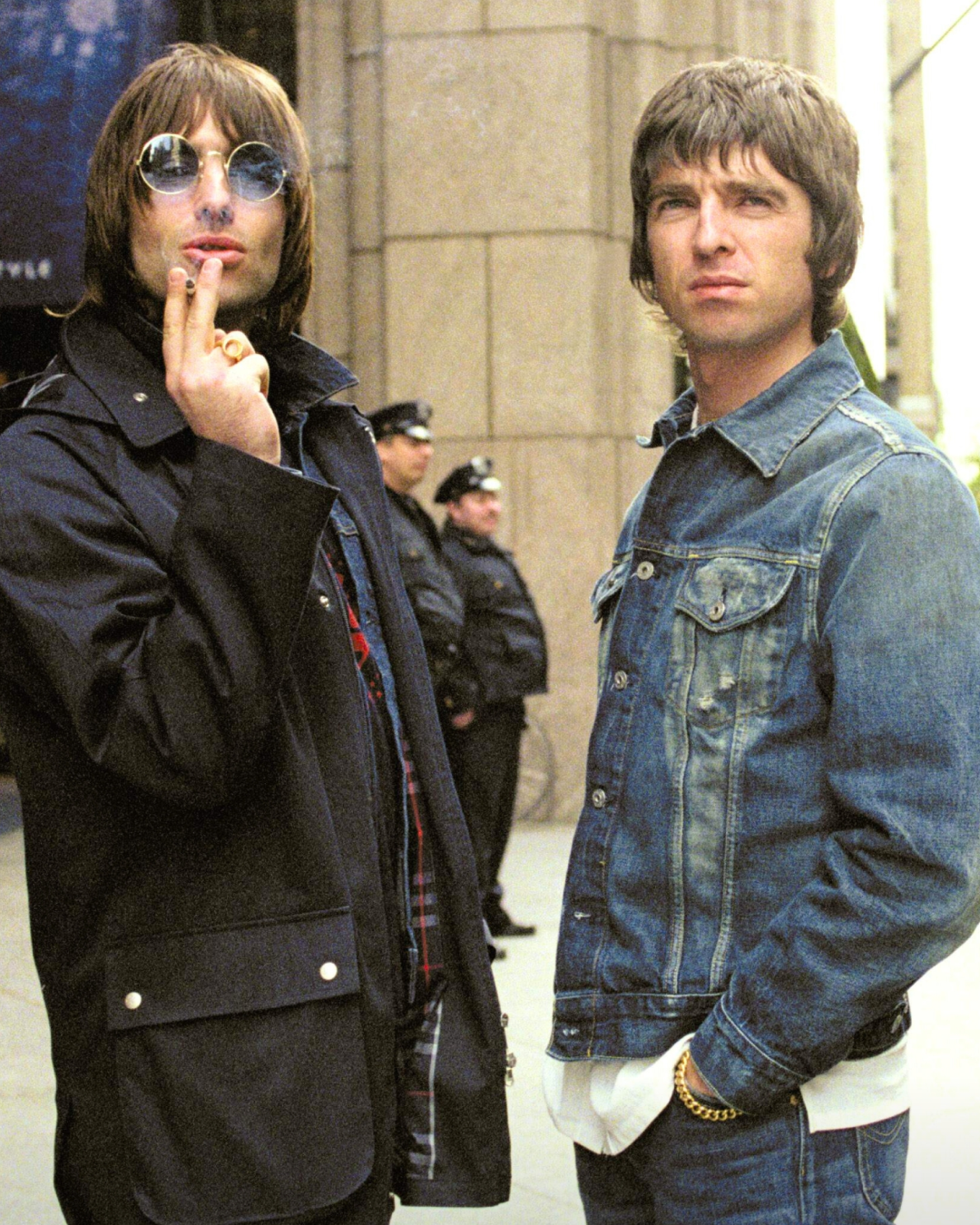
Milan and music according to Fred Perry Talking Sofa is the format conducted by Carlo Pastore that give voice to the artists of the contemporary scene
At a time when concerts and festivals seem like a distant memory, Fred Perry has decided to bring music and art directly to his Milanese store. Talking Sofa is the original format that transforms the store in Corso di Porta Ticinese 76 into a creative hub in which artists and musicians can talk about themselves while waiting to be able to return to the stages of live shows. Always a cultural symbol, Fred Perry is an eternal brand that has gone through different eras while keeping all its historical charm intact. Thanks to the iconicity of the logo, Fred Perry has dressed music for decades, from ska to the era of Brit-rock, becoming the official uniform of the Gallagher brothers. This is why it has decided today to use its historicity as a megaphone to give voice to the most deserving names of the contemporary scene.
A direct line with the fans in an intimate and welcoming atmosphere with an exceptional host like Carlo Pastore, a veteran of the music world ready to deepen the artistic and human bond that binds guests to the city of Milan, a personal story and professional between anecdotes and unpublished personal episodes. The protagonists of the first three episodes are the DJ Ema Stokholma, the contemporary artist Federico Clapis and the duo of singers and musicians Coma_Cose; all united not only by the passion for Fred Perry, but also by the love for the city of Milan, between those who were born there as Clapis and those who have chosen it as a creative base, such as Ema and Coma_Cose.
"This new format, in addition to music and art, focuses on three key themes: comfort zone, personal growth and Milan, the city we have chosen to open our first flagship store in Italy", said Alexandra Pfeifer, Socrep Marketing Manager, distributor of the English brand for the Italian market. "Through this format we would like to send a message of hope and positivity, with the awareness that change does not always lead to growth, but there is no growth without change".
The project is developed in a series of video-interviews available online on Fred Perry Italia's social channels, created in collaboration with the creative and strategic boutique Musa and directed by Matthias Salzburger. A fixed presence of every interview is obviously Carlo Pastore, to whom we asked a few questions to better understand the importance of Talking Sofa, the importance of Milan and the state of music in our country.
How important is it to create a dialogue between musicians and fans in a historical moment like this?
In a moment of the total absence of concerts, for musicians it is fundamental. Unfortunately, there is no other dialogue other than social media today. It is the only possible form at the moment. Many artists think of themselves as brands and therefore experience their communication as a schedule of contents. This leads to grotesque situations, with more promo photos than music. In this very difficult context, however, emerge those who are able to transmit true emotions and solid values, or escapism.
What role can a city like Milan play in the growth of an artist?
It plays a fundamental role in the growth of Italian artists. It is the decisive city for their careers. Here are the record industry and the most receptive and à la page audience. I see it in my small way with MI AMI, a detonator festival for many artists and closely linked to the city in which it takes place, that is Milan.
How important is the style for an artist's career? What role did Fred Perry play in the marriage between fashion and music?
Style is a set of factors that the one-dimensional nature of our times derives from simple adherence to a model. Losers. Style is stuff for people who know, and who have to give. Fred Perry is a strong brand, always linked to subcultures and therefore insensitive to certain ephemeral fashion transactions. It evokes classicism and is a safe haven for those who want to convey personality and a lack of adherence to conformity. Like all great traditions, it carries some weight: you can get rid of it knowing how to read the contemporary, and marrying the positive forces of the present.




















































